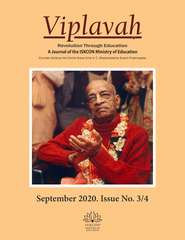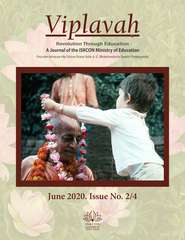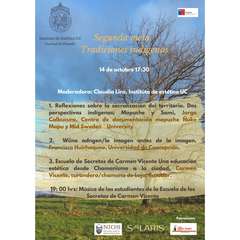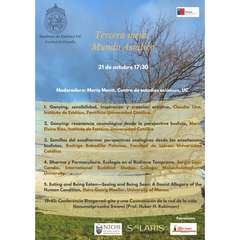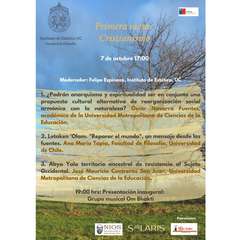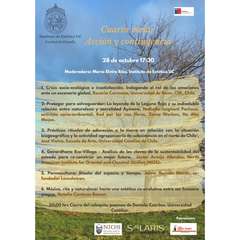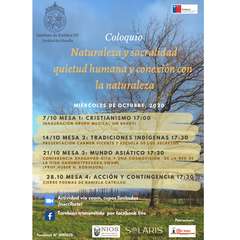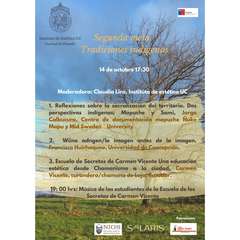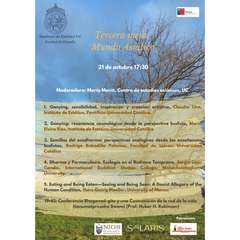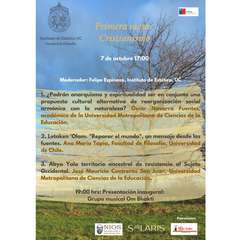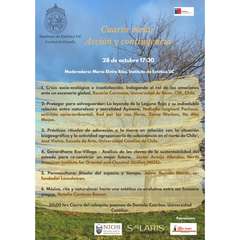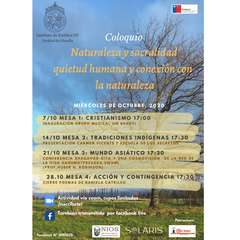TPP-NOI Status
HpS - Wrote to RRD/SNKD
Hare Krsna!
AgtSP
Paoho
- We are struggling with our bad character, hay fever, a world full of Tamasic consciousness, too many ISKCON projects, and trying to keep TPP-NOI in focus.
- We finally got a chance to work on it today but we could not find the file in our recent files.
- We could not find it on three of the four different computers that Gopinatha Das has kindly provided us.
- We could not find it on two USB drives.
- We see when we sent a letter to you last with our changes, we attached the Mr. P-nut file but forgot to attach the edited file.
Of course, we are smashing our heads against stone and entering into fire, and then finally have started to Chant Hare Krsna!!
I think this is a message from God asking us if we really want to do this? If it really is an important service, and in the end if we realize that this is going to be another Govinda bhasya or maybe more accurately a Monkey/Piggy bhasya, since I feel that they are more Krsna conscious than we are.
I think we had gone through Pref and Texts 1 and 2.
Do you have any of the edits that we made after you sent the file to us (?) 29th August?
The 29 August file you sent us would also not download until we restarted our computer. We actually have 4-that Gopinatha gave us. This is a new kind of Atyahara, no?
Aaaaaaa! <img src="https://s.yimg.com/nq/yemoji_assets/latest/yemoji_assets/1f62c.png" alt="Emoji" height="16" width="16"> Hare!!!!! KRSNA!
Niscayena!!!! Nsicayena!!!! <img src="https://s.yimg.com/nq/yemoji_assets/latest/yemoji_assets/1f610.png" alt="Emoji" height="16" width="16"> Utsahan.... We will (our puny will) go ahead and edit Text 3 from the file we got from you and wait for any news about Pref-1-2.
Hare Krsna!!!


